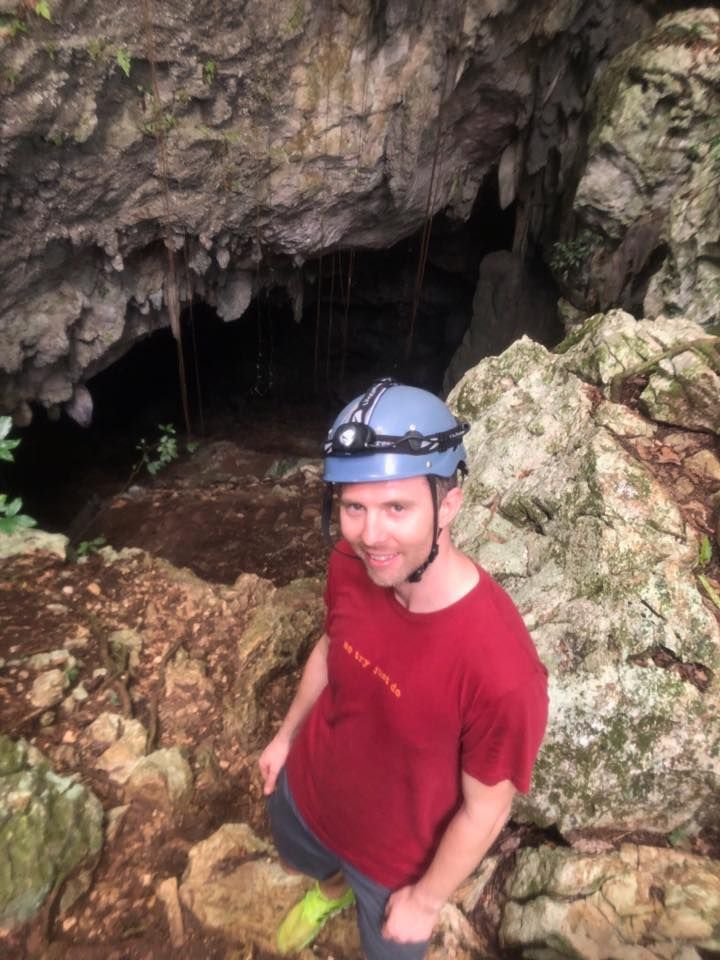Martin Chuděj
Martin Chuděj
|
Martin Chuděj currently works in Brussels at the Single Resolution Board. Martin finished his bachelor studies at the IES in 2005 and a year later he obtained a Master’s degree at Prague University of Economics. However, his study career just begun with these achievements. He received a double Master’s Degree in Economic Law at the Panthéon-Sorbonne University of Paris and at the prestigious Paris Science Po in 2008. Further, he deepened his knowledge of Law by studying International Economic Law and Policy at the Spanish Universitat de Barcelona (2009). Martin also began to study the European Doctorate in Law and Economics in Bologna, Hamburg and Rotterdam, but he did not finish. At Hertie's School of Governance in Berlin, he currently completes his education with an Executive Master´s Degree in Public Administration (MPA) (expected termination in 2018). Martin started his working experience as a trainee at the Bichot Law Firm in Paris, then moved to Brussels for a five-month internship at the European Commission. In 2010, he gained experience as a specialist at the WTO, Switzerland and then shortly stayed in London at a Law firm DLA Piper. He also worked for more than a year in Hamburg as a researcher in the field of international investment protection. In 2012, Martin returned to Belgium, where he occupied a number of positions at the Council of the European Union and at the European Commission. He spent a year at the European Central Bank, Frankfurt am Main, and is currently working in a senior expert at the Single Resolution Board in Brussels. Martin likes traveling, sports, but also enjoys good food in his free time. |
Your study career is exceptionally varied, through IES and VSE, studying in France at Sorbonne, or Sciences-Po, Spanish law or a doctorate at the joint program of universities in Hamburg, Rotterdam and Bologna. Can you tell which school you enjoyed the most and why? And where were your studies the most demanding?
I will have to correct you slightly: unfortunately, I did not finish the doctorate because of the incompatibility of the PhD studies with the full-time position at the Council of the EU. However, my urge to study new subjects is currently satiated by participation in a public administration management program at the Hertie School of Governance in Berlin, which is a 2-year project.
I have to say to have enjoyed Barcelona the most. There, I followed combined economic and legal education in the fields of international economic policy. We always had a lawyer and an economist teaching coming from other parts of the world, which was priceless in terms of discussions during the courses. In addition, the weather and the possibilities to discover this part of Europe were priceless.
The most demanding were studies at Science-Po/Sorbonne, when I had to switch from economic studies to a new discipline in another language, with a new teaching method and a very busy program. In addition, I had to work part time to finance my studies, so you can just imagine the everyday rush.
Martin, you currently work at Single Resolution Board. What exactly does your work involve?
The whole organization is actually a big start-up in the European regulatory field and me and my colleagues are trying to get it started. This includes work on policies, processes, negotiations with a number of bodies, and an inter-institutional agenda as well. It is largely legal work with a great deal of organizational skills required.
You have worked in a number of EU institutions, such as the ECB, the European Commission, or perhaps the Council of the European Union. What do you need to know and what skills you need to have in order to get into these institutions? Would you like to pinpoint any IES course that helped you in this practice?
Here, I will be very honest: analytical skills, but also a great deal of luck (unfortunately). To have such a career, you also need to be flexible, not to be afraid of wondering into different fields and living in different places. This is a great experience. What is valued today is having experience from various fields or sectors.
You are a real globetrotter; can you still count the number of countries you lived in? Can you imagine that you would ever have anchored in a single country?
If I count well, I spent some longer time in 12 countries and 15 cities. It is true that my parents have given up remembering all of them a long time ago. And what about staying at one place - you know, it's so terribly relative. I am currently working in Brussels, where I have spent nearly 5.5 years, even with breaks. But I know myself too well to know that should an opportunity arise I do not exclude another moving.
What do you do to relax?
You may be laughing, but I'm a person who likes to relax actively. I have such a holy trio which I try to combine: sports, history and travelling (maybe to add good food)








